Tea is one of the globe’s most consumed beverages.
This aromatic drink — produced by steeping fresh or dried Camellia sinensis leaves in hot water — ranks alongside coffee as a highly valued beverage over the last several centuries.
There are thousands of varieties, blends, and ways to enjoy tea.
Darjeeling tea is frequently referred to as the “Champagne” of teas, prized for its exceptional taste, fragrance, and overall quality. You may be curious whether it also provides health advantages.
This article outlines Darjeeling tea, its potential benefits, and possible drawbacks.

What is Darjeeling tea?
Darjeeling tea presents a nuanced and complex flavor profile. Research confirms the tea contains numerous aromatic compounds that contribute to a strong, pleasant scent.
The brew commonly appears in shades of golden yellow, amber, orange, or brown. Connoisseurs often note that it’s less bitter than many other teas and appreciate its sweet, fruity, and earthy notes.
The liquor usually deepens in both color and taste as the harvest matures. Flavor can also change depending on the specific garden and the season of harvest.
What truly distinguishes Darjeeling tea from other varieties is its terroir and cultivation methods. While it likely traces back to China like most tea types, growers in India adopted and refined it during the 19th century into the variety known today.
Currently, true Darjeeling tea is produced only in the Darjeeling and Kalimpong districts of West Bengal, India, and only tea certified by the Tea Board of India may be labeled Darjeeling. The board recognizes roughly 90 estates as official producers.
The particular Camellia sinensis variety used for Darjeeling thrives in cool, moist environments, which is why it flourishes in the Indian foothills of the Himalayas.
Is it the same as black tea?
The two primary varieties of cultivated tea come from Camellia sinensis — the sinensis and assamica types. Darjeeling is produced from the sinensis variety.
Sinensis leaves are commonly processed into black tea, though they can also yield white, green, or oolong teas depending on how they’re harvested and processed.
There are many black teas besides Darjeeling, each differing in aroma, taste, color, and nutritional composition.
Darjeeling’s main distinction is that it’s exclusively grown and certified by authorized producers in India.
Does it have caffeine?
All teas made from Camellia sinensis leaves, including Darjeeling, contain caffeine.
Indeed, some of the reported benefits of tea are attributed to its caffeine content.
One study reported that 3.5 ounces (100 grams) of Darjeeling tea contains an average of 1.7 grams of caffeine, placing it toward the higher end among Indian black teas examined in that research.
An average cup of tea uses about 7 grams of black tea. Thus, a typical cup of Darjeeling likely contains roughly 120 mg of caffeine, similar to a strong cup of coffee.
SUMMARYDarjeeling is a caffeinated black tea grown in specific regions of India, admired for its refined taste, color, and fragrance.
Potential benefits
Many teas — green, black, and herbal — are linked with notable health advantages, and Darjeeling is no different.
Regular tea consumption has even been associated with an overall healthier diet.
Here are several potential health benefits of black teas like Darjeeling:
- High in beneficial plant compounds. Camellia plants are rich in antioxidants, polyphenols, and phytochemicals such as flavonoids. These substances may lower the risk of metabolic disorders like obesity, cardiovascular disease, and diabetes.
- May aid weight management. Unsweetened tea is very low in calories. Its bioactive compounds might support weight loss when it replaces higher-calorie drinks.
- Potential anticancer effects. A test-tube study reported anticancer activity for Darjeeling specifically. Other research has noted similar findings for black teas in general.
- Antibacterial properties. Tea shows antimicrobial action. Scientists are exploring how these properties might improve oral health and help treat certain gastrointestinal bacterial infections.
- Could be soothing. The aroma of Darjeeling may have calming effects. One study showed that the scent of Darjeeling and other black teas improved mood in stressful situations.
- Possible neuroprotective effects. Black and green teas contain tannins and related compounds that may offer neuroprotective benefits, potentially supporting brain and nervous system health.
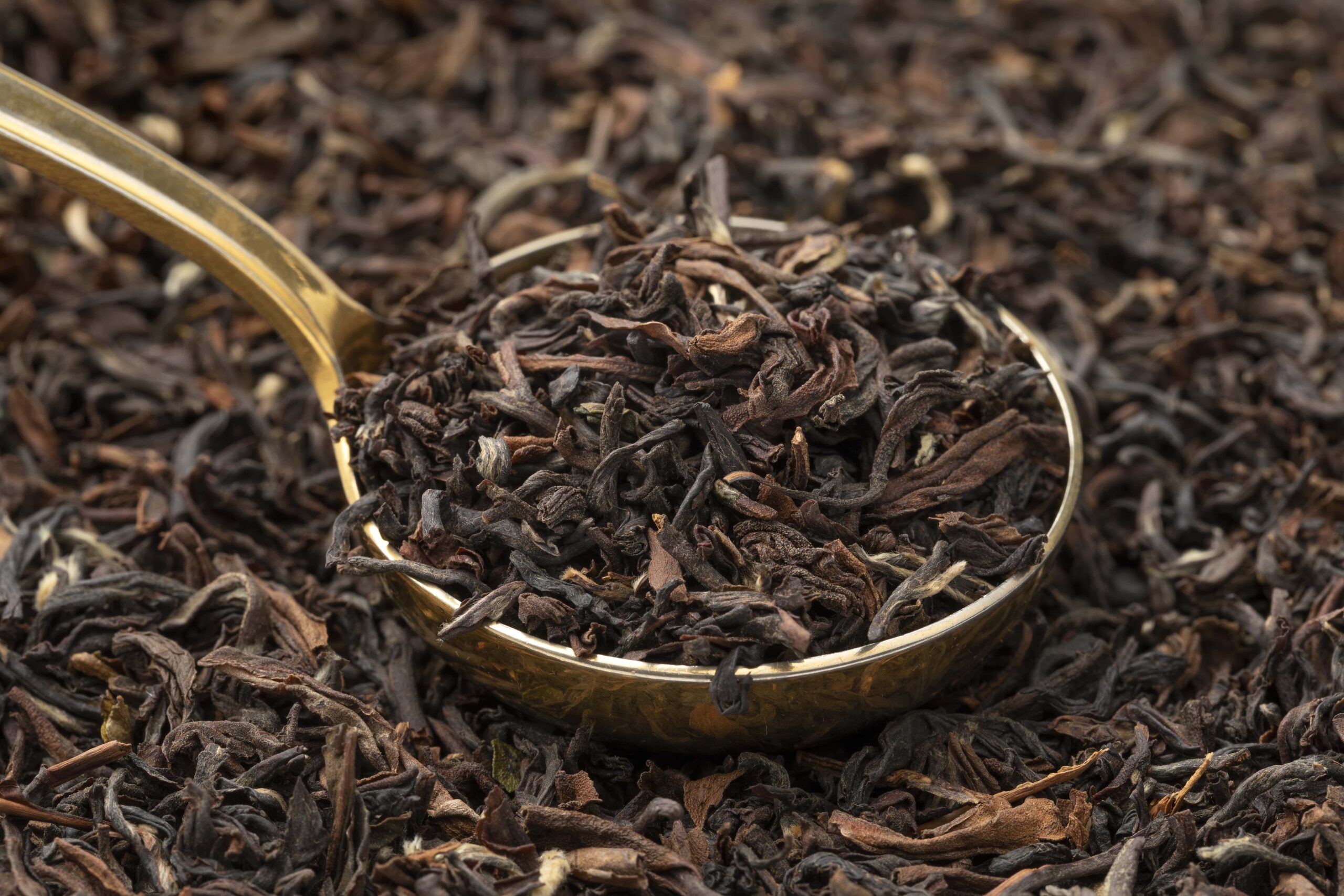
SUMMARYLike many teas from the Camellia sinensis plant, Darjeeling is rich in beneficial plant compounds. Including it in a balanced diet may help reduce chronic disease risk, assist weight management, ease stress, and more.
Potential downsides
Although regular Darjeeling consumption can support health in different ways, excessive intake might carry certain risks:
- May interfere with digestion. Too many tannins from any tea can cause nausea, constipation, and lower iron absorption.
- Contains caffeine. Ingesting over 400 mg of caffeine per day — or over 200 mg for pregnant individuals or people with migraines, heart conditions, or some mental health disorders — can affect mood, sleep, and cardiovascular health.
- May stain teeth. Tannins in black tea can discolor tooth enamel with frequent consumption. Adding a little milk is one simple way to substantially reduce staining risk.
SUMMARYDarjeeling is a healthy beverage choice but excessive drinking may have downsides, including caffeine dependence, digestive issues, and dental staining.
How to brew your own
Brewing Darjeeling at home is straightforward if you follow these three steps.
To prepare 1 cup (237 mL) of Darjeeling tea:
- Place 1 Darjeeling tea bag or about 1 tbsp of loose Darjeeling leaves into your preferred infuser.
- Heat 1 cup (237 mL) of water to roughly 185–203°F (85–95°C).
- Let the leaves steep for 3–5 minutes, then remove the infuser and enjoy your cup of Darjeeling.
Both tea bags and loose-leaf Darjeeling are available at shops and online.
Many drink Darjeeling plain, while others add sugar, honey, milk, or a splash of lemon.
Remember that additions can alter the drink’s calorie content and antioxidant levels.
SUMMARYDarjeeling is easy to brew at home with either loose leaves or tea bags. Sip it plain or with sweeteners, lemon, or milk.
The bottom line
Darjeeling is a black tea cultivated in India and celebrated for its layered flavor and fragrance.
It’s naturally low in calories and simple to include in a healthy eating pattern.
Swapping higher-calorie beverages for Darjeeling can support weight loss, and its abundance of antioxidants and polyphenols may help guard against chronic diseases and boost overall health.
However, because it contains caffeine and tannins, very high intake can impact digestion and reduce absorption of nutrients like iron.
Overall, Darjeeling is easy to prepare at home and offers numerous benefits when consumed in moderation.

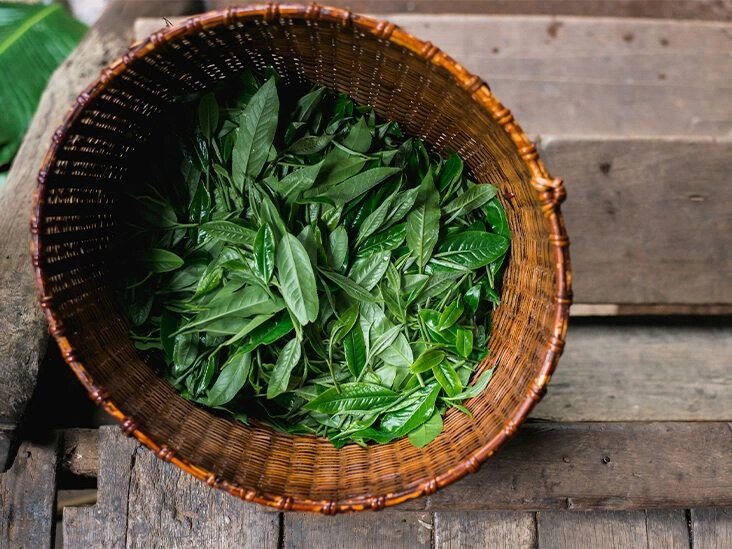


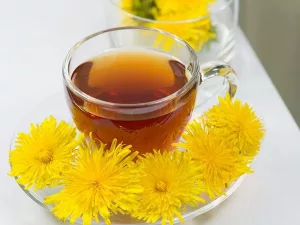
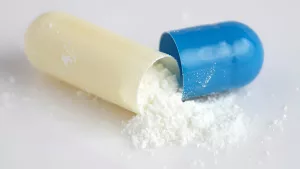


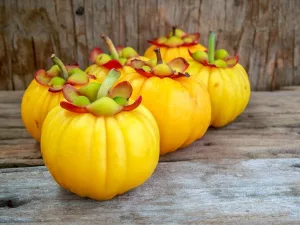
















Leave a Reply
You must be logged in to post a comment.